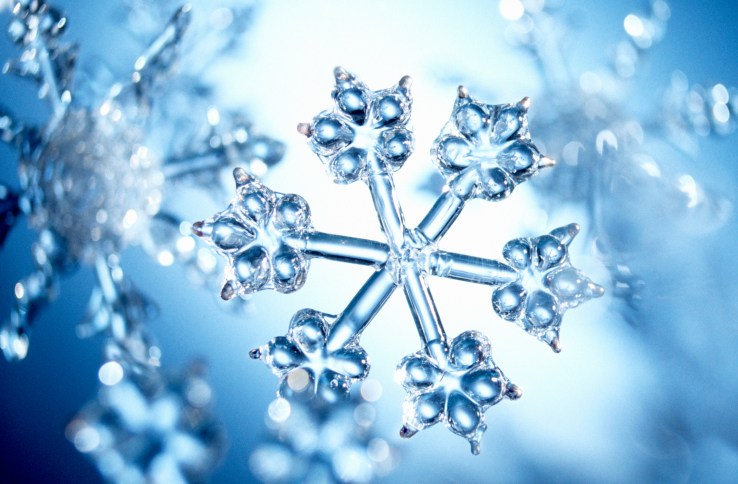19th described the use of the word.
"Before last year, snowflake-as-slang lingered on the fringes of the lexicon. It was a largely non-partisan slight — a mean, though not hateful, dig at millennials perceived to have an outsize sense of their own individuality and, by extension, importance. Helicopter parented to the hilt, millennials supposedly graduated from college (into a dismal economy with unprecedented mountains of student debt) too coddled for this cruel world, ill-equipped to face life’s indignities with dignity.
But as 2016 dawned, snowflake made its
way to the mainstream and, in the process, evolved into something more vicious.
The insult expanded to encompass not just the young but liberals of all ages;
it became the epithet of choice for right-wingers to fling at anyone who could be
accused of being too easily offended, too in need of “safe spaces,” too fragile"
CBS Sunday Morning's Faith Salie did a commentary on this yesterday and it got me thinking. While the term certainly has those negative connotations, many of which I do agree with, I think that writers need to consider the term when they think of their own writing. Snowflakes are unique. But is your writing?
When we think of snowflakes, we know each and everyone is made up of the same material. I quickly looked up a quick definition for you.
Water molecules in the solid state, such as in ice and snow, form weak bonds (called hydrogen bonds) with one another. These ordered arrangements result in the symmetrical, hexagonal shape of the snowflake.Mar 21, 2017
And yet, we know that everyone has its own unique pattern and shape.
As writers, you are telling a story in a specific genre. It may be a romance, a mystery, a thriller, or women's fiction. Each of these stories have specific ingredients that make it the genre that it is. This may be character types, specific tropes, etc. But what makes your writing stand out is the voice you bring to it. Your unique style. Your unique twist of characters or plots.
Unfortunately, I see far too many authors not putting that uniqueness forward when they either write their stories, or they pitch their stories to editors and agents. What we get, instead, are carbon copies of another person's writing and voice. These writers are not snowflakes.
When I read submissions or new projects, I look for what makes this story stand out from all of the other projects I see. I look to see what unique twists this author is giving to me in the writing. These are not simply things such as: "My story is set in Zaire and no one has set a story there." or "My story is about alien vampire bunnies in the Ton." The uniqueness is something more.
I was at church yesterday (yes, Sunday was a divine inspiration day) and the pastor was beginning a series called The IT Factor. He was talking about how some people just have "IT" going for them. It is that characteristic that we might now be able to put our finger on. This is what we mean about your writing.
In cooking we talk about the same thing with the term Umami. "Umami is a Japanese word that means "yummy" or "delicious" and it's the name that's been given to what is called the fifth taste. The other four tastes are sweet, sour, bitter, and salty."
As you write today, really examine what you are doing to bring forth your inner snowflake with your writing. As you write that query letter or compose that synopsis, examine to see if you are truly talking about what makes your story unique, or are you simply spinning the same old story everyone else is doing, but just with a new setting.
It might be, the reason for the rejection letters is due to the fact that you and/or your writing, is not being a snowflake.

No comments:
Post a Comment